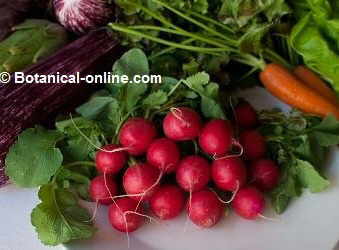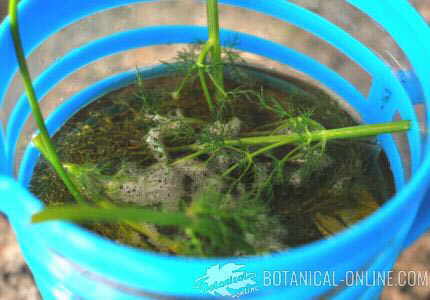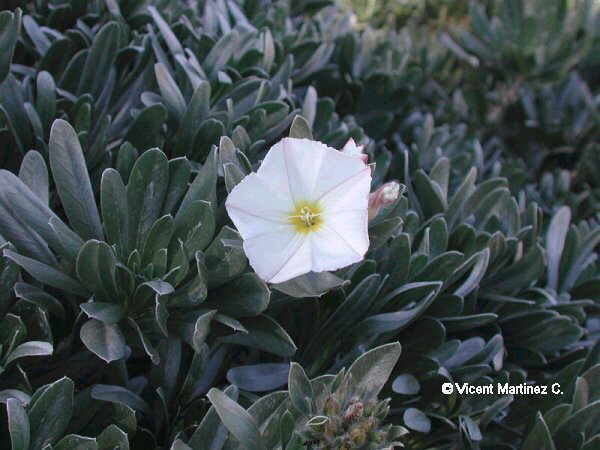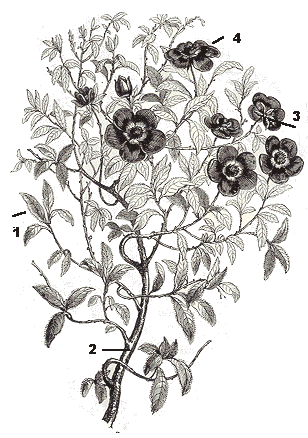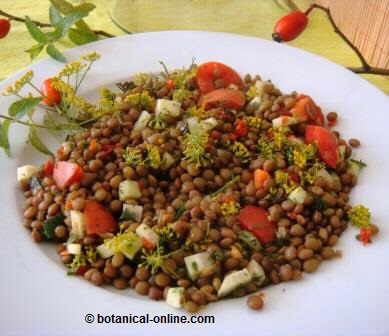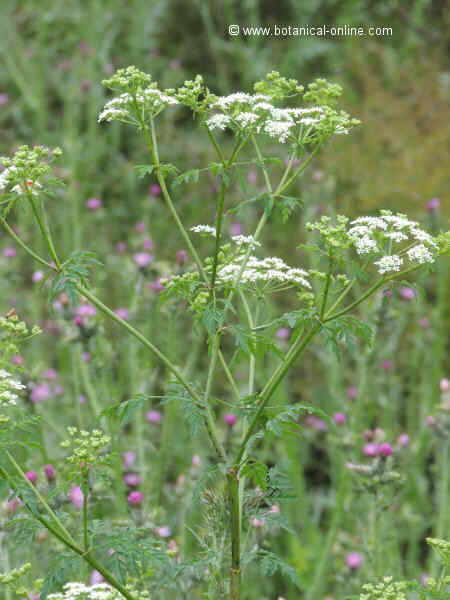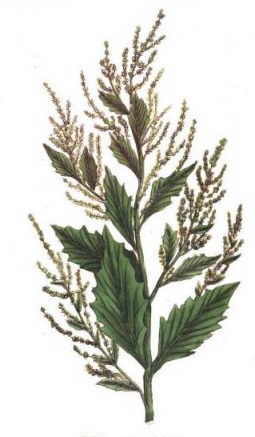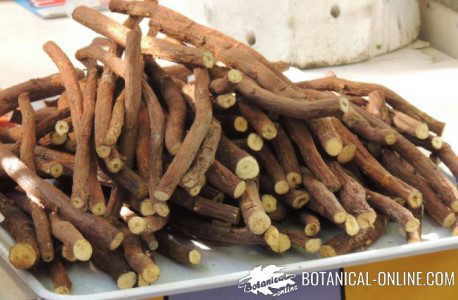Contents
Vegetarian diet for hypothyroidism
GOOD FOOD FOR HYPOTHYROIDISM
Diet can play an important role in the control of hypothyroidism, helping other conventional treatments to improve conditions for people who suffer them.
Foods that must be eaten by hypothyroidism patients
Right foods are those that increase production of thyroxine, mainly hyperthyroidal food, producing an increase in thyroid output. These are foods high in iodine content.
Recommended food for hypothyroidism
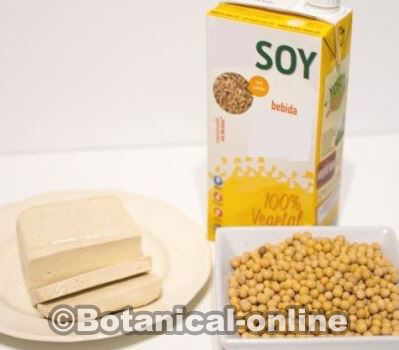
Soy products are good for people with hypothyroidism
Among the main foods, we have:
- Foods rich in iodine: garlic, oats, coconuts, hazelnut, strawberries, soybean, sunflower, lentils, tomatoes, apples, mango, dates, pistachios, cashews, Brazil nuts, pineapples, peas, almonds, apricots, spinach, beans or maize.
- Herbs or species that stimulate the production of thyroid hormones: fennel, hyssop, ground ivy, ginseng, cinnamon.
- Seaweeds: most contain much iodine, especially the species Fucus vesiculosus
Among the animal foods rich in iodine seafood is specially rich.
NOT RECOMMENDED FOOD FOR HYPOTHYROIDISM
Foods that must be avoided or restricted by hypothyroidism patients
Inappropriate foods are those that decrease the production of thyroxine, known as goitrogens foods. Amongst them we can point out:
– Food rich in caffeic and chlorogenic acids
- Foods of the family of the Cruciferae: All of these members contain natural compounds that decrease the production of thyroid hormones, primarily because they inhibit the absorption of iodine:
- Cabbage: has caffeic and chlorogenic acids which give it antithyroidal properties.
- Radish: Another member of the crucifer family that can control the production of hormones
- Brussels sprouts: Also with a lot of caffeic acid content.

Food non suitable for people with hypothyroidism (radishes, carrots and eggplants)
- Legumes: peanuts are also very rich in chlorogenic and caffeic acid.
- Other plants rich in caffeic acid are: celery, oranges, lemons, pumpkins, figs, or lettuce
- Other plants rich in chlorogenic acid are: peppers, cucumbers, carrots, avocados, plums, eggplants, peaches, or wheat.
– Ellagic acid-rich plants
- Fleshy fruit, pomegranates or grapes that have a high content of ellagic acid that decrease the production of thyroid hormones.
- Dried fruits: chestnuts or nuts, also rich in ellagic acid. However, walnuts contain components that stimulate the production of thyroid hormones, so they are recommended.
– Plants rich in rosmarinic acid
- Edible herbs: Borage: One of the richest plant in rosmarinic acid, a component that decreases the production of thyroid hormones
– Plants rich in lithium
Among all we will emphasize: onions, asparagus, endives, melons, parsley, potatoes or grapes.
![]() More information on hypothyroidism.
More information on hypothyroidism.

